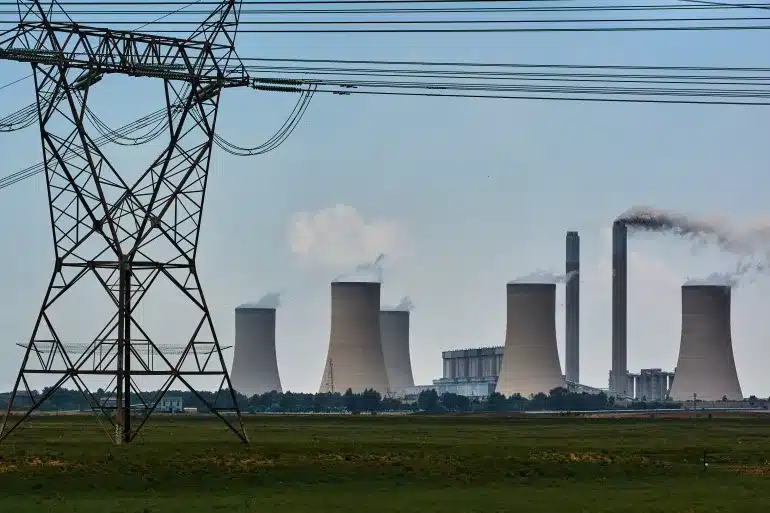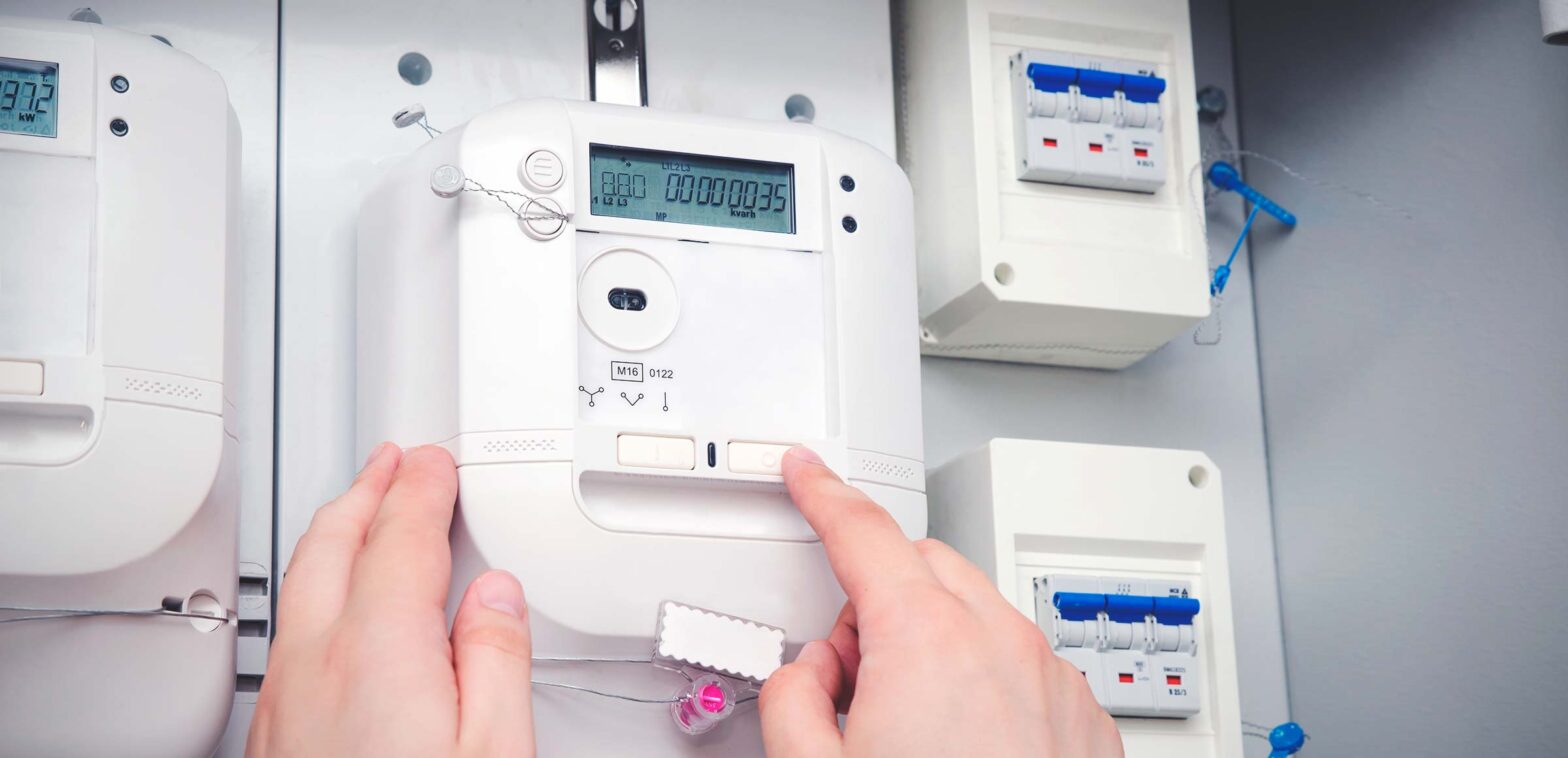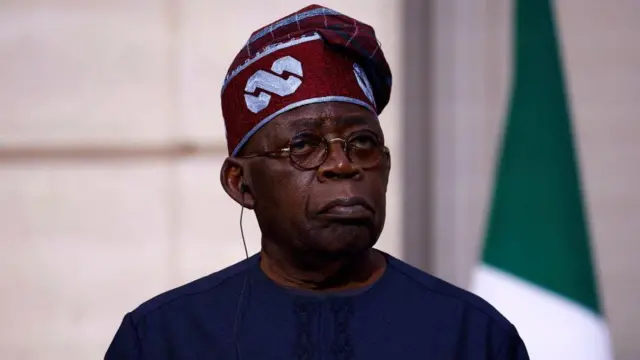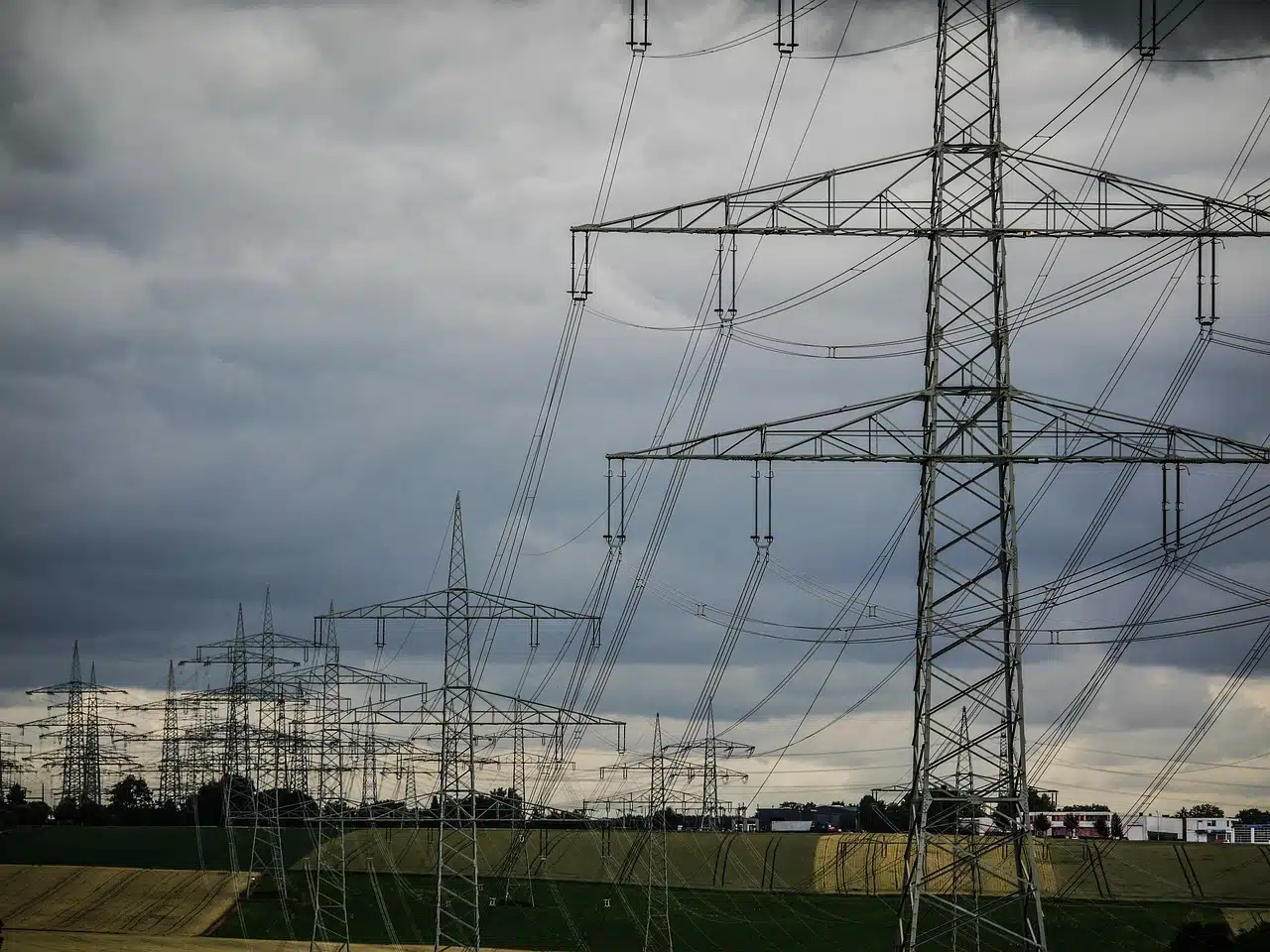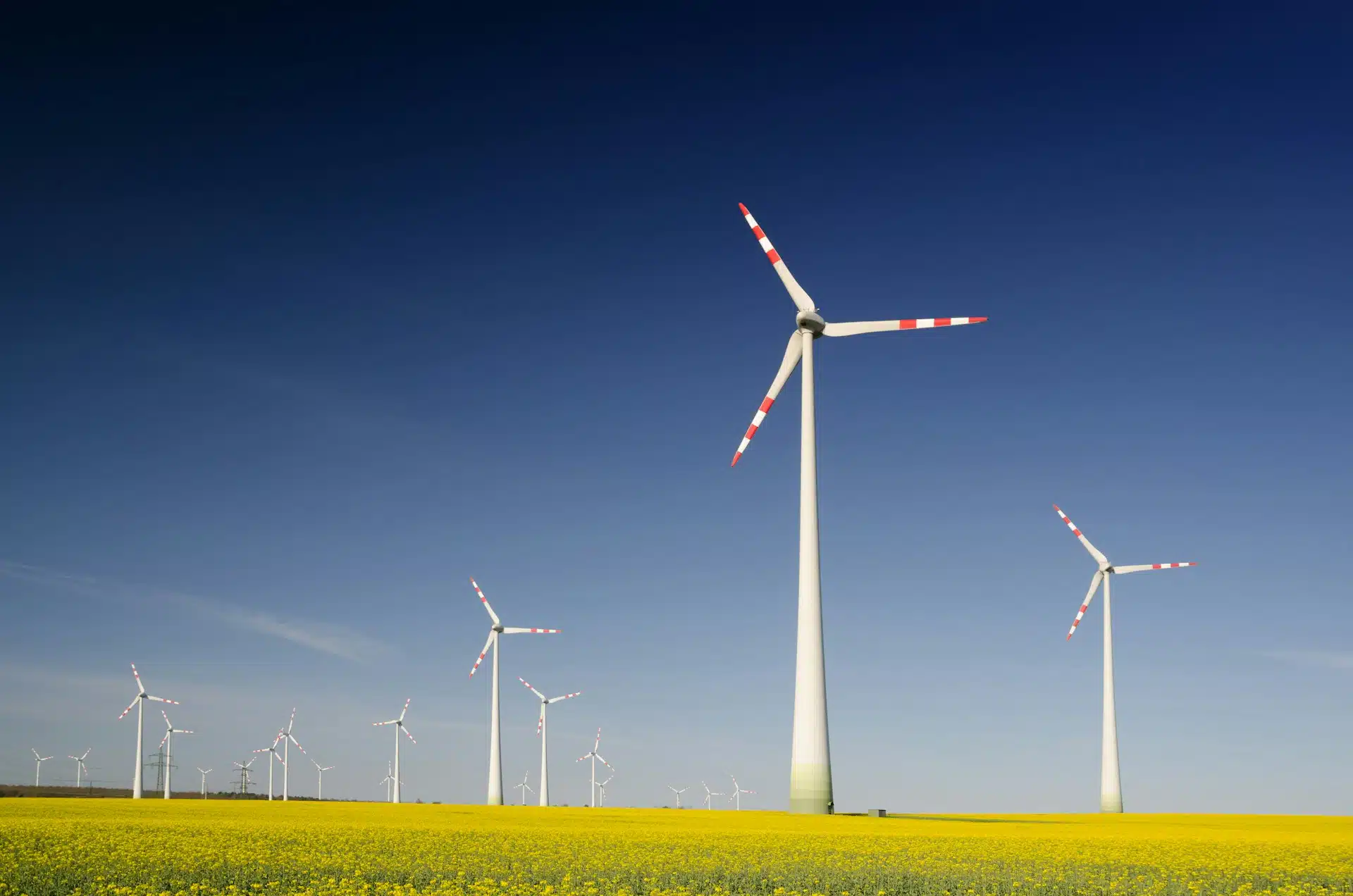Kenya’s Ministry of Energy and Petroleum, led by Cabinet Secretary James Opiyo Wandayi, announced on June 15, 2025, plans to construct the nation’s first nuclear power plant in Siaya County, near Lake Victoria.
The Nuclear Power and Energy Agency (NuPEA) aims to develop a 1,000-megawatt (MW) facility, with construction scheduled to commence in 2027 and commissioning anticipated by 2034, according to the Construction Kenya report.
This initiative is to support electricity access and support Kenya’s ambition to become a middle-income economy by 2030.
Site selection and technical details
Kenya identified Kwale, Kilifi, and Siaya as potential sites for the facility.
Wandayi revealed the project is planned for Siaya County, and a comprehensive stakeholders’ meeting has been scheduled for June 26, 2025.
This will bring together top county leadership, including Governor James Orengo, MPs, MCAs, the Woman Representative, and key figures from all relevant sectors, according to a report.
The 1,000 MW capacity could power over a hundred thousand homes, reducing Kenya’s reliance on hydropower and fossil fuels, which currently account for significant portions of its 3,321 MW installed capacity.
NuPEA’s CEO, Justus Wabuyabo, said that the site selection process also involved ongoing consultations with local leaders and communities to ensure alignment with regional needs.
Implications on Kenya’s economy
Energy Cabinet Secretary Opiyo Wandayi stated the project’s potential to drive economic growth in Siaya County, which is why the government is working on establishing a nuclear power plant to complement existing traditional energy sources.
“This power plant will supply electricity to industries, businesses, and homes. As a country that is rapidly industrialising, the demand for electricity is going to continue rising, and that is why the government is enhancing and expanding our energy generation capacity.”
“We aim to deliver this project through public-private partnerships,” he added
Recently, the Kenyan Ministry of Energy sought $19.6 million to implement its energy projects.
In addition, Kenya already signed cooperation agreements with the United States and China, and is awaiting another with South Korea, to support aspects of its nuclear project.
However, the high cost raises concerns about financial feasibility, prompting calls for transparent funding models.

